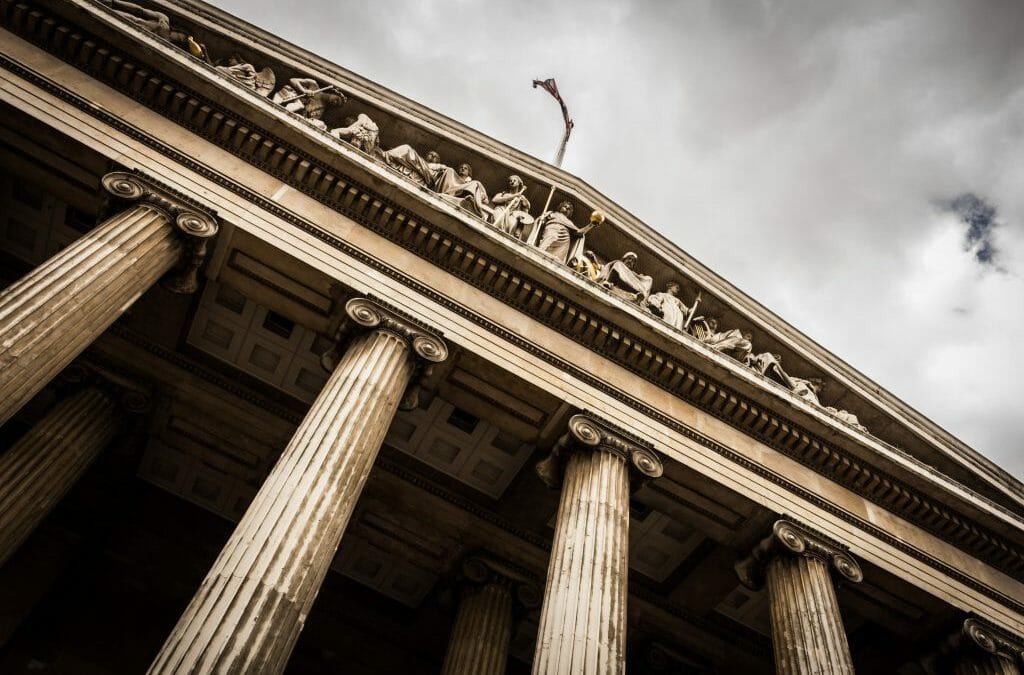The existing legal framework does not allow for the release of SAR details, leading some people to believe that the system fails at its task of reducing financial crime. Unauthorized disclosure of a SAR is a federal crime with significant penalties.
These confidentiality rules apply to financial institutions as well as their current and former directors, officers, employees, agents, and contractors. Beyond financial institutions, SAR confidentiality also applies to government agencies.

Why all the confidentiality?
“Unauthorized disclosure of SARs could undermine ongoing and future investigations by tipping off suspects, deterring financial institutions from filing SARs, and threatening the safety and security of institutions and individuals who file such reports.”
This is very similar to whistleblower rules and anonymous tips. To encourage individuals and entities to report illegal activities, they must be ensured of protections from those they are reporting. Without those protections, reporters may be too fearful to report, causing significant harm to investigations.
This poses a formidable challenge: how do financial intelligence units (FIUs) like FinCEN encourage reporting while being able to protect the reporters? The answer today is a combination of requirements for reporting along with penalties for failure to report.
Unfortunately, many in emerging financial markets see this government black box as suspicious. FinCEN’s success stories are vague—remember, the purpose for this is confidentiality—and do not show a clear path from the SAR through law enforcement agencies to indictment.
What, then, happens with the more than 2 million SARs filed each year with FinCEN?

FinCEN provides both direct and indirect access to law enforcement throughout the United States and with countries of the Egmont Group. These law enforcement agencies use the FinCEN data to help build existing cases or open new cases against financial criminals and criminals engaged in crimes with financial benefit as listed in the BSA (Bank Secrecy Act), the USA PATRIOT Act, and by FATF (Financial Action Task Force).
These crimes include terrorism and terrorist financing, insider trading, money laundering, tax crimes, human trafficking, sexual exploitation of women and children, extortion, counterfeiting, bribery and corruption, organized crime, drug trafficking, and many others.

The data submitted by a financial institution through a SAR is unlikely to be an entire case, but might be a key piece of evidence in bringing charges against these sophisticated criminals. Without the support of financial institutions in reporting this data, many of these crimes would go undetected or unprosecuted.
Financial institutions play a key role in assisting law enforcement in identifying and prosecuting financial and terror-related crimes. Without the efforts of AML and KYC professionals around the world, identifying and preventing such crimes would not be possible.
About iComply Investor Services Inc.
iComply Investor Services Inc. (iComply) is an award-winning software company focused on reducing regulatory friction in the capital markets. With powerful data, verification, tokenization solutions, iComply helps companies overcome the cost and complexity of multi-jurisdictional compliance to effectively access new markets. Learn more: iComplyIS.com
2025 Outlook: Data Privacy and Security in KYB, KYC, AML Compliance
In today’s rapidly changing digital landscape, data privacy and security are more crucial than ever for compliance teams. As regulations tighten and cyber threats evolve, businesses must prioritize innovative solutions. Enter edge computing, a game-changer for KYC,...
Revolutionizing KYC for Insurance Companies: A Smarter, Simpler Approach
KYC in Insurance: Streamlining Compliance and Building Trust
Enhance customer experience and strengthen fraud prevention with iComply’s comprehensive KYC solution for insurance companies. Streamline identity verification, risk assessment, and ongoing monitoring.
A Quick Start Guide to Beneficial Ownership Reviews
Simplify Beneficial Ownership Reviews with iComply
Streamline your due diligence process with automated data collection, verification, and reporting. Enhance compliance and reduce risk with iComply’s comprehensive solution.
The Future of Document Verification: From Frustration to Simplicity
Transforming Identity Document Verification: A Seamless Customer Experience
Tired of outdated, time-consuming document verification processes? Discover how iComply’s seamless solution enhances customer experience while ensuring security and compliance.





